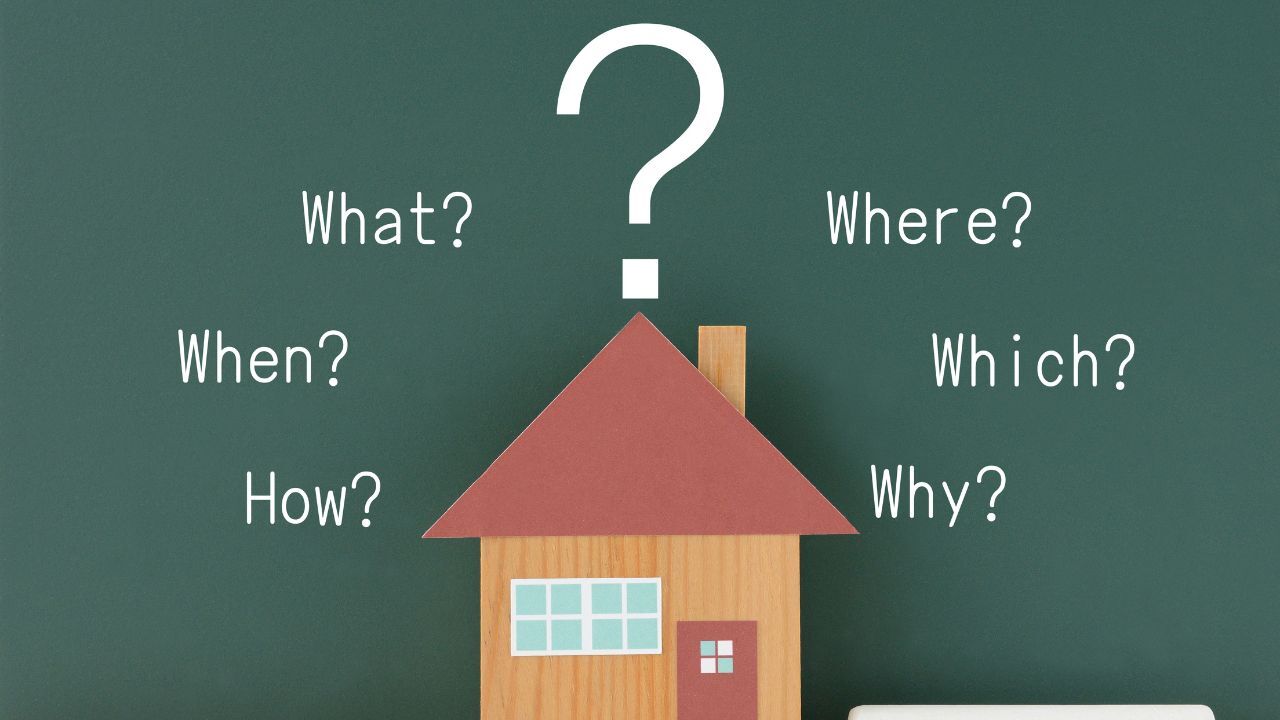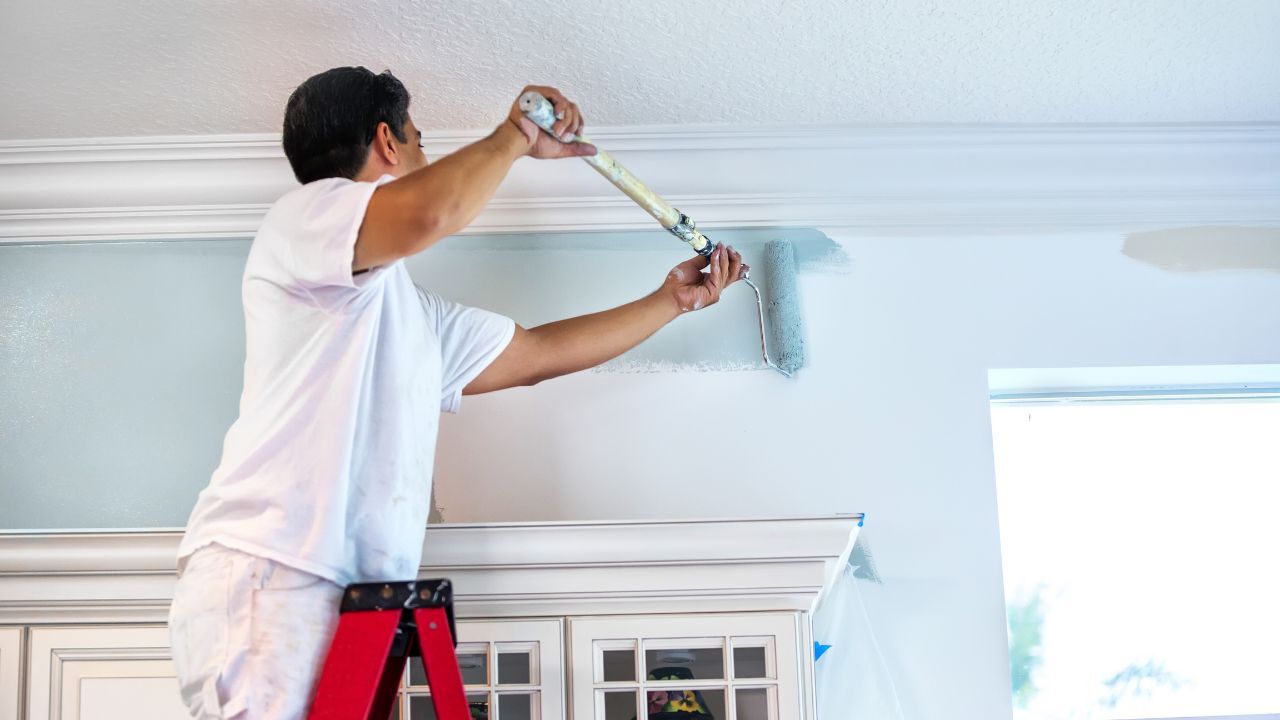 Virtual tours have become one of the most valuable tools in real estate. They give buyers the chance to explore a home from anywhere, view the layout at their own pace, and get a better sense of how the space flows. But virtual tours are not perfect. They can reveal things that standard listing photos cannot, and they can also hide details if you do not know what to look for. As real estate professionals, we help buyers understand how to use virtual tours wisely so they can make informed decisions before seeing a home in person.
Virtual tours have become one of the most valuable tools in real estate. They give buyers the chance to explore a home from anywhere, view the layout at their own pace, and get a better sense of how the space flows. But virtual tours are not perfect. They can reveal things that standard listing photos cannot, and they can also hide details if you do not know what to look for. As real estate professionals, we help buyers understand how to use virtual tours wisely so they can make informed decisions before seeing a home in person.
See How Virtual Tours Reveal Flow, Space, and Layout
One of the biggest advantages of a virtual tour is the ability to understand the home’s actual layout. Photos only show pieces of a room, but a virtual tour lets you walk through the space and see how rooms connect. You can evaluate whether the kitchen feels open, whether the hallway is narrow, or whether the bedrooms are too close to each other. This sense of flow helps buyers decide if a home fits their lifestyle without the guesswork that comes from photos alone.
Notice What Photos Often Hide
Listing photos are designed to highlight the best angles and features. They rarely show awkward corners, cramped closets, low ceilings, or narrow spaces. A virtual tour, however, often reveals these details naturally. You can spot layout quirks that photos avoid, such as tight entryways, unusual room shapes, or spaces that feel smaller in person. This gives you a more honest view of the home before scheduling an in-person showing.
Understand What Virtual Tours Can Still Conceal
Even the best virtual tour cannot show everything. Lighting can still be adjusted, camera lenses can soften imperfections, and areas of the home may be skipped entirely. Virtual tours rarely show close-up details like chipped paint, worn flooring, or minor damage. They also may not reveal smells, noise levels, or the true condition of outdoor spaces. A virtual tour is powerful, but it should never replace an in-person walkthrough when you are serious about making an offer.
Look for Natural Light, Ceiling Height, and Room Proportions
Virtual tours allow you to evaluate parts of the home that photos sometimes distort. You can see how natural light moves through the space, notice whether ceilings feel tall or low, and understand how furniture fits within each room. These are important details that help you imagine how the home will feel once you are living in it. Virtual tours give a more realistic sense of scale than wide-angle listing photos.
Use Virtual Tours as a First Filter, Not the Final Decision
Virtual tours are excellent for narrowing your search. They help you eliminate homes that clearly do not fit your needs and highlight the ones worth seeing in person. Use them as a first filter but always pair them with an on-site visit. Nothing replaces walking through a home yourself, noticing details with your own eyes, and evaluating the neighborhood around it.
Virtual tours make house hunting more efficient, flexible, and informative. By understanding what they reveal and what they miss, you can use them as a powerful tool in your home search and make confident decisions when it is time to schedule an in-person showing.
 When you find a home you love, it is easy to get swept up in the excitement. But before you picture furniture placement or favorite paint colors, it is important to understand what the insurance landscape looks like for the property. Homeowners insurance is not only required by most lenders, it also protects your investment, your finances, and your peace of mind. As real estate professionals, we advise buyers to ask key insurance questions early so they avoid surprises and choose a home that fits their long-term budget.
When you find a home you love, it is easy to get swept up in the excitement. But before you picture furniture placement or favorite paint colors, it is important to understand what the insurance landscape looks like for the property. Homeowners insurance is not only required by most lenders, it also protects your investment, your finances, and your peace of mind. As real estate professionals, we advise buyers to ask key insurance questions early so they avoid surprises and choose a home that fits their long-term budget. When you walk into a home, the smell is one of the first things you notice, even before you fully take in the layout or the finishes. Most buyers do not realize how much odors can reveal about a home’s condition. As real estate professionals, we encourage buyers to pay close attention to unusual smells, because even small odors can signal bigger problems hiding beneath the surface. Knowing which smells to take seriously can save you time, money, and future headaches.
When you walk into a home, the smell is one of the first things you notice, even before you fully take in the layout or the finishes. Most buyers do not realize how much odors can reveal about a home’s condition. As real estate professionals, we encourage buyers to pay close attention to unusual smells, because even small odors can signal bigger problems hiding beneath the surface. Knowing which smells to take seriously can save you time, money, and future headaches. Buying a home in an area with extreme heat comes with unique challenges that many buyers do not think about until after they move in. Hot climates can affect energy costs, home maintenance, long-term comfort, and even property value. As real estate professionals, we help buyers understand what to look for and how to choose a home that stays comfortable, safe, and cost-efficient in hotter regions. With the right preparation, you can make a smart purchase that supports your lifestyle and protects your investment.
Buying a home in an area with extreme heat comes with unique challenges that many buyers do not think about until after they move in. Hot climates can affect energy costs, home maintenance, long-term comfort, and even property value. As real estate professionals, we help buyers understand what to look for and how to choose a home that stays comfortable, safe, and cost-efficient in hotter regions. With the right preparation, you can make a smart purchase that supports your lifestyle and protects your investment. When it is time to sell your home, you do not always need major renovations to impress buyers. In fact, many small, affordable upgrades can create a big impact on your home’s resale value. As real estate professionals, we often see buyers fall in love with homes that simply feel updated, welcoming, and well cared for. With the right improvements, you can boost your home’s appeal and stand out in a competitive market without spending a fortune.
When it is time to sell your home, you do not always need major renovations to impress buyers. In fact, many small, affordable upgrades can create a big impact on your home’s resale value. As real estate professionals, we often see buyers fall in love with homes that simply feel updated, welcoming, and well cared for. With the right improvements, you can boost your home’s appeal and stand out in a competitive market without spending a fortune. Selling a home is not just a financial decision, it is an emotional one. Your home holds memories, routines, and milestones that make it more than four walls. When it is time to sell, those emotions can make the process feel overwhelming. As real estate professionals, we help homeowners prepare not only their property, but also their mindset. With the right emotional preparation, you can move forward confidently and make the transition smoother for your entire family.
Selling a home is not just a financial decision, it is an emotional one. Your home holds memories, routines, and milestones that make it more than four walls. When it is time to sell, those emotions can make the process feel overwhelming. As real estate professionals, we help homeowners prepare not only their property, but also their mindset. With the right emotional preparation, you can move forward confidently and make the transition smoother for your entire family.